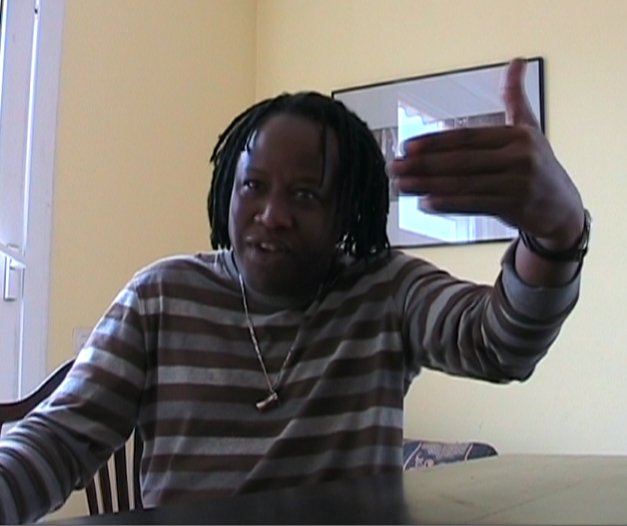Gastón A. Alzate
Fellow
Gastón A. Alzate is Associate Professor of Theater and Literature at California State University, Los Angeles. He previously acted as Founding Director of Latin American, Latino, and Caribbean Studies (LALACS) at Gustavus Adolphus College, Minnesota (1997- 2006). Before coming to the United States, he worked as an art critic for the Sunday magazine of the Colombian daily El Espectador, and for the Revista Arte Internacional of the Bogotá Museum of Modern Art, Colombia. His publications include a study of Colombian poet Álvaro Mutis, which won the National Essay Prize in his native country, and a study of contemporary Mexican cabaret. He is co-editor of the peer-reviewed Journal of Theatricalities and Visual Culture KARPA (http://www.calstatela.edu/misc/karpa). Since 2005, he has been a member of the Editorial Board of Latin American Theatre Review. Since 2007, he has been part of the Irvine Hispanic Theater Research Group directed by Juan Villegas (editor of Gestos). He has published in the fields of Latin American theatre, film, popular culture, and literature in Colombia, Mexico, Spain, and the US.
THIS AUTHOR WROTE
June 21, 2011

In this interview with Gastón Alzate, Souleymane Mbodj discusses several issues relating to the interweaving of performing cultures. These include the unity of literature and the performing arts in Africa; his views on African and Western philosophy; his experience playing Bach’s second prelude in C minor with Lebanese and Armenian musicians; the appropriation processes and cultural fractures resulting from colonization; and the essential value of black music in the Americas for African communities to recover cultural ties shattered by the slave trade. He shares his thoughts on the crossroads and divergences between Africa and the West regarding ways of thinking and conceptions of art.

April 13, 2011
I see "interweaving performance cultures" as a flexible perspective to inquire into the cultural adjustments, ambiguities, and misalignments performative events produce and manifest. I consider it meaningful that performance is mentioned instead of art – although art is certainly included – which shows such inquiries are not circumscribed to an elitist definition of art nor to a field with the official approval stamp of the academies. Thus, "interweaving performance cultures" in my view refers to a rigorous inquiry into the cultural complexities of human actions – as creative forms that enter into a dialogical relationship with others – that does not start from a single prescribed ideological, philosophical, aesthetic, or theoretical model.

 In this interview with Gastón Alzate, Souleymane Mbodj discusses several issues relating to the interweaving of performing cultures. These include the unity of literature and the performing arts in Africa; his views on African and Western philosophy; his experience playing Bach’s second prelude in C minor with Lebanese and Armenian musicians; the appropriation processes and cultural fractures resulting from colonization; and the essential value of black music in the Americas for African communities to recover cultural ties shattered by the slave trade. He shares his thoughts on the crossroads and divergences between Africa and the West regarding ways of thinking and conceptions of art.
In this interview with Gastón Alzate, Souleymane Mbodj discusses several issues relating to the interweaving of performing cultures. These include the unity of literature and the performing arts in Africa; his views on African and Western philosophy; his experience playing Bach’s second prelude in C minor with Lebanese and Armenian musicians; the appropriation processes and cultural fractures resulting from colonization; and the essential value of black music in the Americas for African communities to recover cultural ties shattered by the slave trade. He shares his thoughts on the crossroads and divergences between Africa and the West regarding ways of thinking and conceptions of art. 








